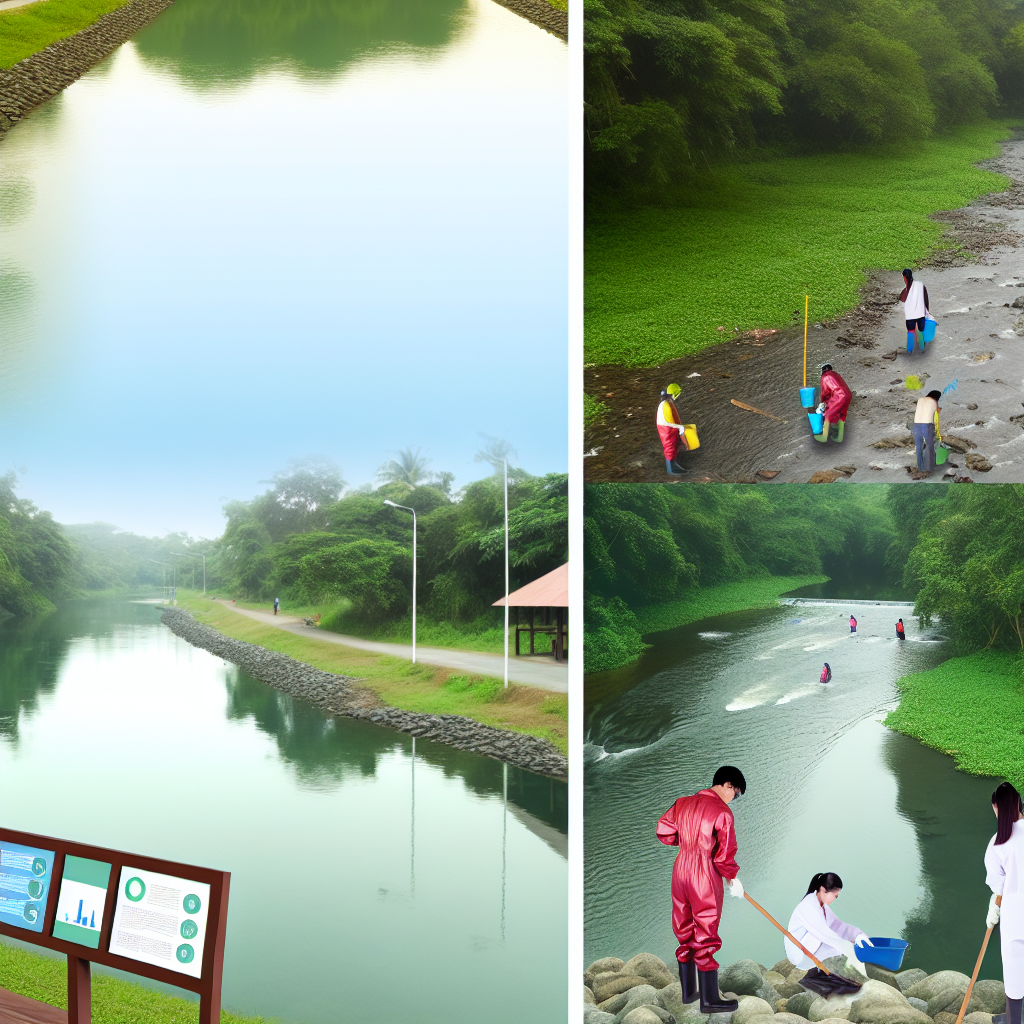Water Pollution Control-Effective Strategies for Controlling Water Pollution and Protecting Ecosystems
Water is fundamental to life, yet pollution poses a significant threat to this vital resource. Effective water pollution control is crucial to ensuring that our water remains safe and clean for generations to come. This article dives into the causes, effects, and solutions to water pollution, providing actionable insights to help combat this pressing issue.
Causes of Water Pollution
Understanding the sources of water pollution is the first step in controlling it. Here are some key contributors:
- Industrial Discharge: Factories and plants often release toxic chemicals and waste into rivers and lakes.
- Agricultural Runoff: Pesticides, fertilizers, and animal waste from farms can seep into water bodies, causing pollution.
- Wastewater and Sewage: Untreated sewage and wastewater can introduce harmful pathogens and chemicals into water supplies.
- Marine Dumping: The ocean is often used as a dump for all kinds of hazardous materials, including plastics and heavy metals.
- Oil Spills: Accidents involving oil extraction and transportation can lead to large-scale water contamination.
Effects of Water Pollution
Polluted water has far-reaching consequences that impact not only the environment but also human health:
- Health Hazards: Contaminated water can lead to diseases such as cholera, dysentery, and typhoid, particularly in areas with inadequate sanitation.
- Ecosystem Disruption: Pollutants can harm aquatic life, disrupt food chains, and cause the death of fish and other marine animals.
- Economic Impact: Water pollution can affect industries such as fishing and tourism, leading to significant economic losses.
- Reduction in Biodiversity: Toxic substances can kill not only individual species but also degrade the entire ecosystem.
Solutions to Water Pollution
While the problem is daunting, numerous strategies can help control and reduce water pollution. Here are some effective measures:
Legislation and Regulation
Governments play a crucial role in water pollution control by implementing and enforcing laws:
- Stricter Regulations: Enforcing stringent guidelines for waste disposal, industrial discharge, and wastewater treatment.
- Monitoring and Penalties: Regular monitoring and imposing penalties for non-compliance can help ensure adherence to pollution control laws.
Technological Innovation
Advancements in technology offer innovative solutions for water pollution control:
- Wastewater Treatment Plants: Modern wastewater treatment technologies can remove contaminants effectively before releasing water back into the environment.
- Bioremediation: Using microorganisms to break down pollutants and clean up contaminated sites is a growing field.
- Smart Sensors: Deploying sensors to detect and monitor water quality in real-time can help in early identification and mitigation of pollution sources.
Community Involvement
Grassroots efforts and community participation are vital in combating water pollution:
- Public Awareness Campaigns: Educating people about the dangers of water pollution and the importance of conservation can lead to more responsible behavior.
- Local Cleanups: Organizing river, beach, and lake clean-up initiatives to remove waste and prevent pollution.
- Water Conservation: Encouraging water-saving practices at home such as fixing leaks, using efficient appliances, and reducing waste.
Corporate Responsibility
Businesses can also make a significant impact by adopting sustainable practices:
- Green Manufacturing: Implementing environmentally-friendly processes and reducing waste in production.
- Corporate Social Responsibility: Companies taking an active role in environmental conservation initiatives and community engagement.
- Sustainable Supply Chains: Ensuring that all stages of product development and distribution adhere to pollution control standards.
Conclusion
Water pollution control requires a multifaceted approach that combines legislation, technology, community action, and corporate responsibility. By working together, we can protect our vital water resources and ensure a healthier, more sustainable future. Every small step counts, and individual actions can collectively make a significant impact. Let us all make a concerted effort to keep our waterways clean and safe.
Together, we can turn the tide against water pollution.

